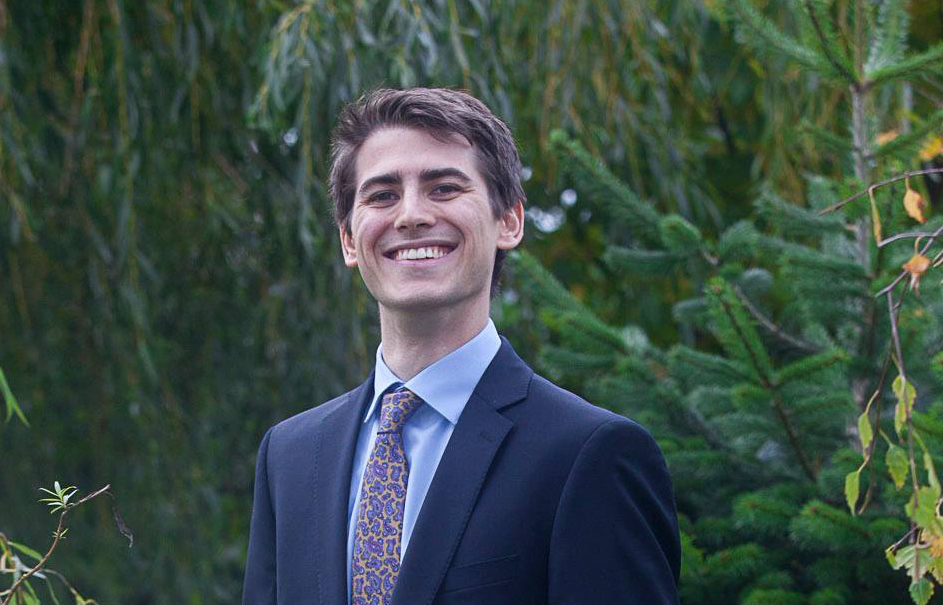To be autistic is to feel alone. Or at least that is what it has felt like for much of my life. I did not know that I was on the spectrum during my teenage years. I had not been diagnosed at that point. However, I did know that I did not fit in with those around me. I found myself consistently in and out of friendship groups.
Gareth Ceidiog Hughes
I was fortunate not to have any big issues with being bullied as such. My fellow teenagers were not particularly mean to me in that way. Nevertheless, it certainly was not a happy time. I was effectively in social exile. I was not forced to move to a faraway land of course, but I might as well have been. The message, though unsaid, was perfectly clear. I was an outcast. My peers would go out partying and suchlike and I would not be invited along. This was painful. It was visceral.

The pain acted as motivation to change my circumstances. I came to learn that the ability to socialise was not necessarily something fixed and that I was not doomed to perpetual ineptness in this sphere. I found out that there was a body of knowledge that could be studied and skills that I could learn. I immersed myself in books on socialising, psychology, body language, dating and the like.
The impact on my life was transformative. The exile was welcomed into the fold. I achieved what I had yearned for. I was invited to parties and nights out and had lots of friends. I was finally being included. In that sense, I had overcome the obstacles in my path.
However, though it was certainly preferable to my teenage years, it did not result in real contentment. Although I was in the group, I did not feel like I was truly of it. I still felt different. My relationships with my peers were in essence, superficial. I felt like something of a fraud and lived in fear that I would be found out. People liked the carefully curated image that I had learned to project. I worried that I would not be held in such esteem if they found out what I was really like.
There was a far more important obstacle for me to overcome. It was the internal one that stood in the way of self-acceptance. I had to experience superficial popularity so that I could realise that it is far more important to cherish those who like and love you for who you really are.
Depth matters much more than breadth ever could. Sometimes it is necessary to overcome an obstacle to find out that it isn’t the one that truly matters.



